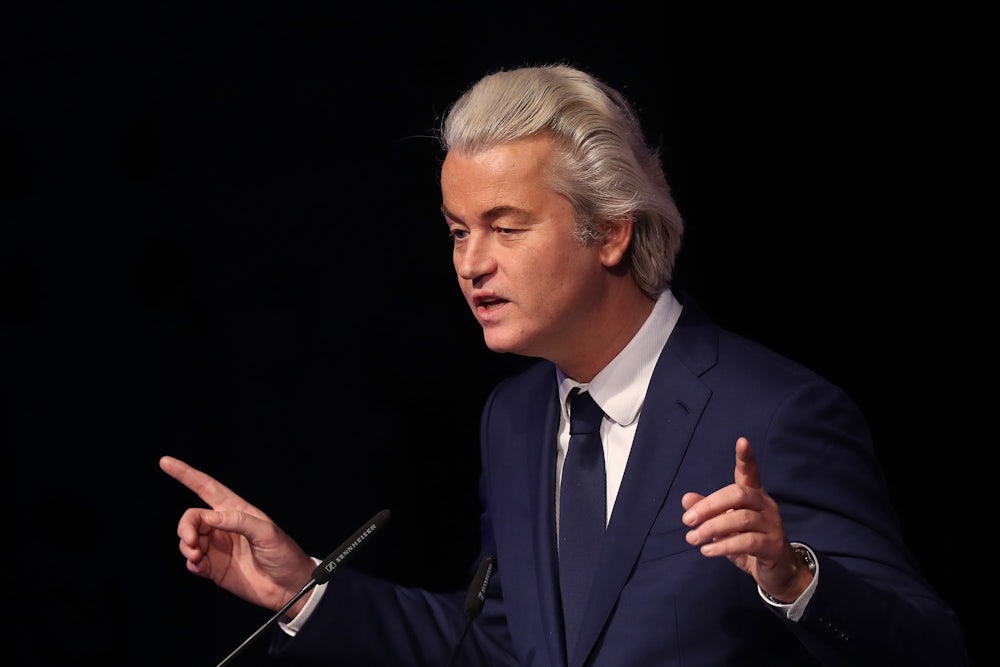Nigel Farage hailed Brexit as the first stage of a “global revolution” and Donald Trump’s election as its second stage. Un-fun Falstaff/dumb Satan Steve Bannon agrees. Here’s how he saw the world in 2014:
That center-right revolt is really a global revolt. I think you’re going to see it in Latin America, I think you’re going to see it in Asia, I think you’ve already seen it in India. Modi’s great victory was very much based on these Reaganesque principles, so I think this is a global revolt, and we are very fortunate and proud to be the news site that is reporting that throughout the world....
Working men and women of Europe and Asia and the United States and Latin America .... believe they know what’s best for how they will comport their lives. They think they know best about how to raise their families and how to educate their families. So I think you’re seeing a global reaction to centralized government, whether that government is in Beijing or that government is in Washington, DC, or that government is in Brussels.
Trump’s victory, in his view at least, was part of this global revolt against the liberal state. (Bannon has also suggested that he’s a “Leninist” out to smash the modern state.)
But on Wednesday, the global Trump revolution took a hit when the awkward face of Dutch racism Geert Wilders and his anti-immigration party—which wants to ban Islam, exit the EU, and is a “party” in name only—did much poorer than expected in the Netherlands’ parliamentary election according to an exit poll. Prime Minister Mark Rutte and his center-right party will likely win the election, though they will lose seats.
Still, Wilders’s loss is good news for those concerned about the rise of the global alt-right—and who are increasingly concerned about upcoming elections in France and Germany. For now, at least, Trump’s election—and the chaos that has followed—may have spooked voters into supporting more traditional political parties.
